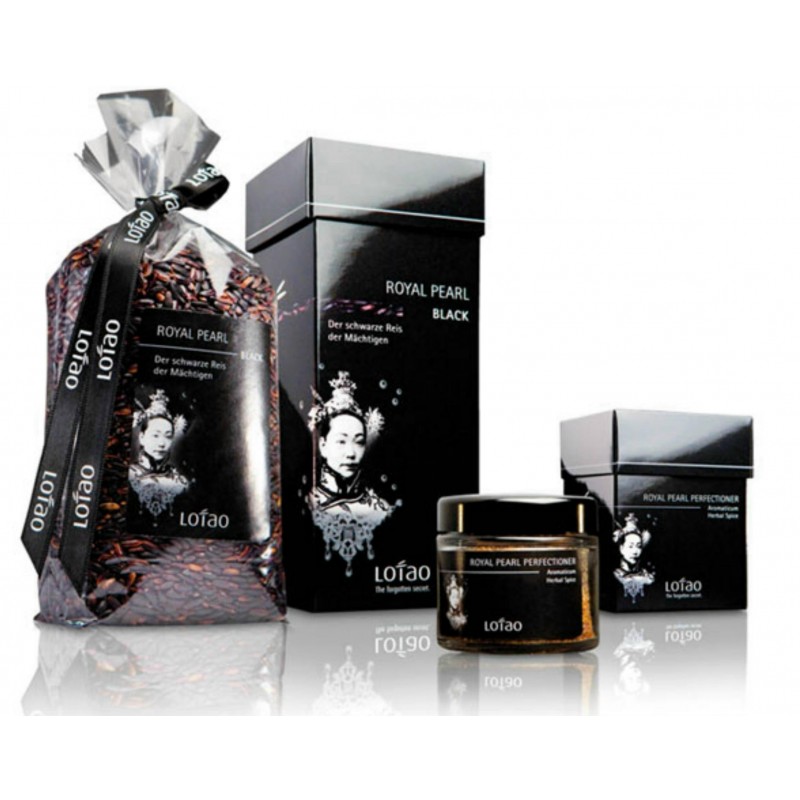- -15%

Variety from Thailand









Royal Pearl Rice is an aromatic rice with a nutty aroma. The delectable taste and smell of this rice is perfect for all types of dishes especially Asian and Thai cuisine. Oryza sativa, commonly known as Asian rice, is the plant species most commonly referred to in English as rice. Oryza sativa is a grass with
Royal Pearl Rice is an aromatic rice with a nutty aroma. The delectable taste and smell of this rice is perfect for all types of dishes especially Asian and Thai cuisine.
Oryza sativa, commonly known as Asian rice, is the plant species most commonly referred to in English as rice. Oryza sativa is a grass with a genome consisting of 430Mb across 12 chromosomes. It is renowned for being easy to genetically modify, and is a model organism for cereal biology.
Debates on the origins of the domesticated rice are numerous. In 2011, genetic evidence showed that all forms of Asian rice, both indica and japonica, sprang from a single domestication that occurred 8,200–13,500 years ago in China of the wild rice Oryza rufipogon.[5] A 2012 study, through a map of rice genome variation, indicated that the domestication of rice occurred in the Pearl River valley region of China. From East Asia, rice was spread to South and Southeast Asia.[6] Before this research, the commonly accepted view, based on archaeological evidence, is that rice was first domesticated in the region of the Yangtze River valley in China.
The precise date of the first domestication is unknown, but depending on the molecular clock estimate, the date is estimated to be 8,200 to 13,500 years ago. This is consistent with known archaeological data on the subject.
An older theory, based on one chloroplast and two nuclear gene regions, Londo et al. (2006) had proposed that O. sativa rice was domesticated at least twice—indica in eastern India, Myanmar, and Thailand; and japonica in southern China and Vietnam—though they concede that archaeological and genetic evidence exist for a single domestication of rice in the lowlands of China.
Because the functional allele for nonshattering, the critical indicator of domestication in grains, as well as five other single-nucleotide polymorphisms, is identical in both indica and japonica, Vaughan et al. (2008) determined a single domestication event for O. sativa happened in the region of the Yangtze River valley.
In 2003, Korean archaeologists alleged they discovered burnt grains of domesticated rice in Soro-ri, Korea, which dated to 13,000 BC. These antedate the oldest grains in China, which were dated to 10,000 BC, and potentially challenge the mainstream explanation that domesticated rice originated in China. The findings were received by academia with strong skepticism.
Data sheet

 Reviews (0)
Reviews (0)